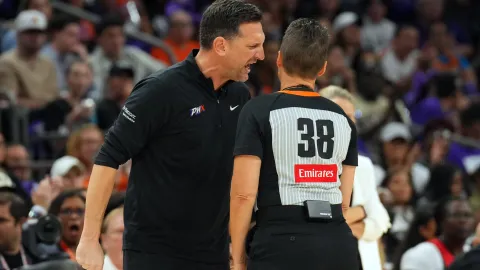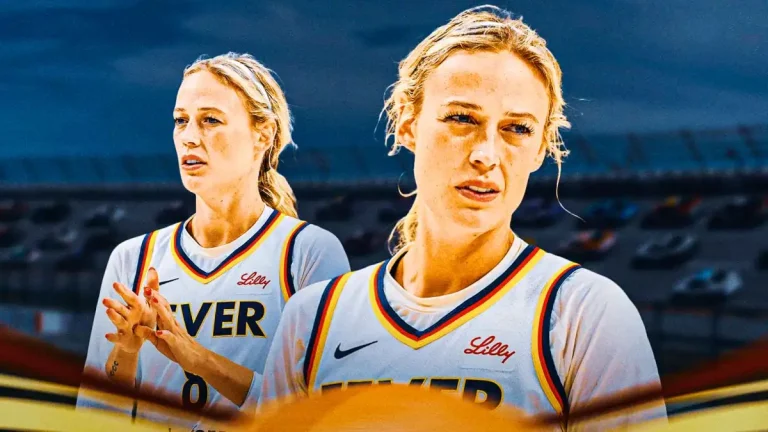
The WNBA is facing a serious officiating crisis that has become one of the key issues in upcoming collective bargaining talks between the league and the Women’s National Basketball Players’ Association. As both sides work toward a new agreement before the current one expires on October 31, players and coaches are demanding better refereeing standards. The league’s commissioner, Cathy Engelbert, acknowledged the problem publicly, announcing plans to create an officiating “task force” aimed at improving consistency and fairness in the coming seasons.
This move comes after a postseason filled with controversial calls and intense criticism. Many within the league have voiced frustration over how games were managed, with players and coaches feeling that poor officiating not only affected outcomes but also player safety. The issue reached a breaking point when multiple playoff games became overshadowed by refereeing errors and heated reactions from teams.
One of the most controversial moments occurred during the semifinals between the Minnesota Lynx and Phoenix Mercury. A hard collision between Phoenix’s Alyssa Thomas and Minnesota’s Napheesa Collier resulted in Collier’s season-ending injury, sparking outrage across the league. Lynx coach Cheryl Reeve, furious with the officials’ handling of the play, was suspended and fined heavily for her postgame comments, which only intensified the public scrutiny of officiating standards.
Meanwhile, the other semifinal between the Indiana Fever and Las Vegas Aces also drew complaints for its inconsistent calls and overly physical play. Both teams’ coaches, Stephanie White and Becky Hammon, expressed solidarity with Reeve and were fined for criticizing the referees. Their actions reflected a broader sentiment across the league — that the officiating has fallen short of the professional level players deserve.
The tension carried into the WNBA Finals, where emotions boiled over once again. Mercury head coach Nate Tibbetts was ejected from the decisive Game 4 after what he called “one of the weakest double technicals ever.” Four technical fouls were issued in that game alone, capping off a postseason riddled with officiating disputes. With credibility and player trust at stake, the league’s new task force may offer a simple but crucial step toward restoring order and confidence in WNBA officiating.






